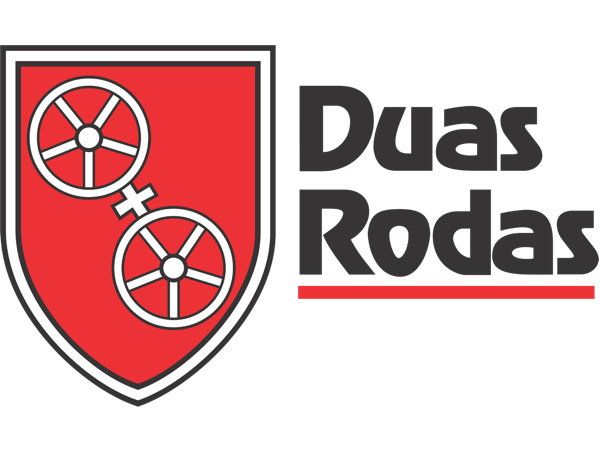Why SUSE Linux Enterprise High Availability?
Our policy-driven highly availability extension for Linux clusters helps you maintain business continuity and minimize unplanned downtime across locations and geographies.
Flexible, policy-driven clustering and continuous data replication—boost flexibility while improving service availability and resource utilization by supporting the mixed clustering of both physical and virtual Linux servers.
Install, configure, manage and monitor your clustered Linux environments with a powerful unified interface. Multi-tenancy can be used to manage geo clusters according to your business needs.
Continuous data replication across clustered servers in data centers anywhere in the world. Minimize data loss due to corruption or failure by protecting your data assets using your existing IT infrastructure.
Rules-based failover for automatic and manual transfer of a workload to another cluster outside of the affected area. Your mission-critical workloads are transferred away from the affected region and can protect workloads across globally distributed data centers.
Top 4 Features
To ensure the continuous operation of core business services, you must protect your workloads from systems failure while increasing services availability, either through greater reliability, redundancy or fast failover to standby systems.
Flexible, Policy-Driven Clustering
We use OpenAIS for clustering messaging and membership layer, and is the leading standards-based communication protocol for server and storage clustering. The Corosync cluster engine provides membership, ordered messaging with virtual synchrony guarantees, closed process communication groups and an extendable framework.
Management and Monitoring
Powerful unified interface, HAWK (High Availability Web Konsole), saves time and easily manages and monitors clustered Linux servers to quickly and easily install, configure and manage clusters – plus a simple, user-friendly tool for monitoring the clustered environment.
Data Replication
We leverage Distributed Replicated Block Device (DRBD) - a leading open source networked disk management tool. DRBD enables you to build single partitions from multiple disks that mirror each other and make data highly available. You can also quickly restore your clustered services via its fast data resynchronization capabilities.
Virtualization
Virtual servers can be clustered together and services can even be clustered within a virtual server. Moreover, virtual servers can be clustered with physical servers, and physical servers can be clustered with each other, extending high availability from virtual to physical workloads.
Get Started with SLE High Availability Extension

Consulting
Your modernization journey is as unique as your business. We work with you and your team to identify starting points, design solutions, implement best practices, and optimize for continual success.
Learn More ›
Training Services
If skills are inhibiting your transformation, SUSE Training is your answer. Our comprehensive portfolio of courses and certification paths provide the training that fits your needs, your schedule, and your business.
Learn More ›
Support Services
Extend your SUSE support with direct, named access to a resource who knows you, your team, and your infrastructure. Keep up with the pace of change and customer expectations, while still taking care of everyday business.
Learn More ›
Quick Start
Get the quick start guide for SUSE Linux Enterprise High Availability Extension
Start Now ›





